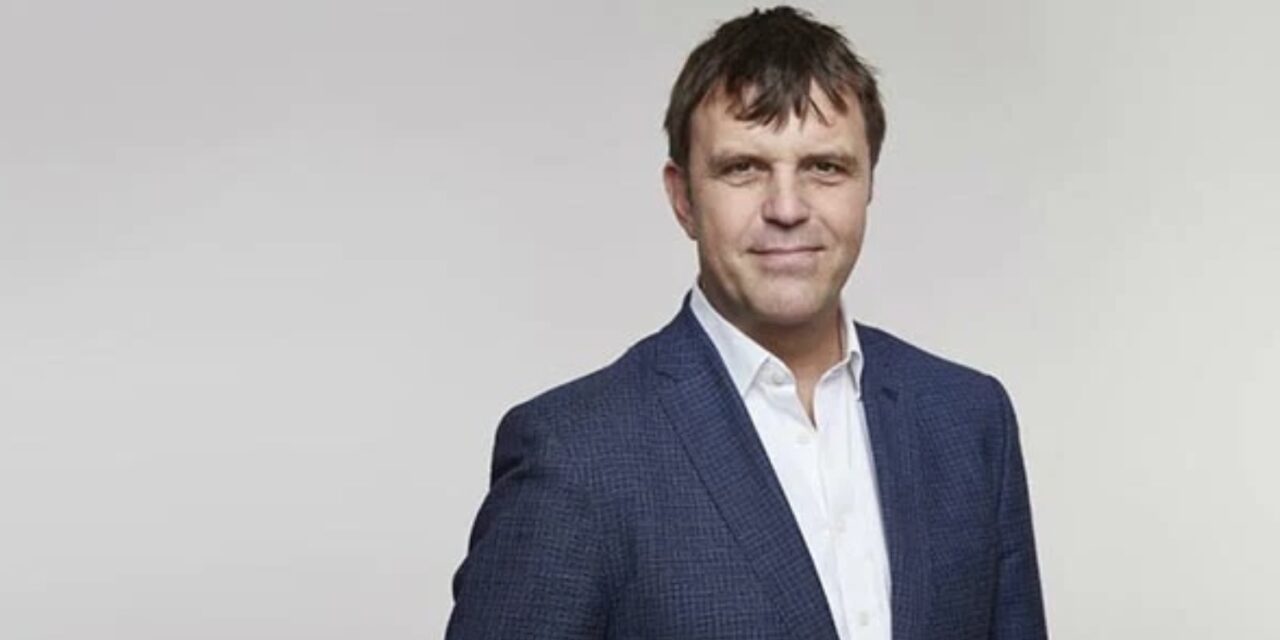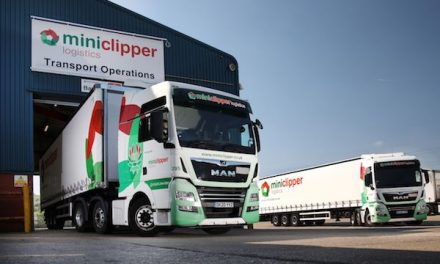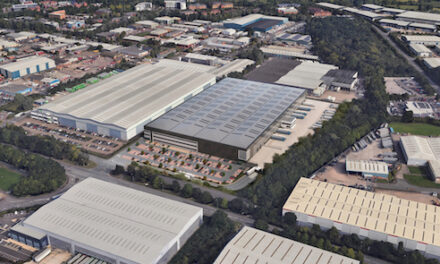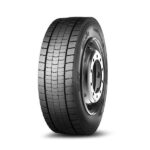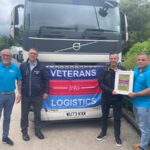Nigel has been a prominent voice on climate change for many years, through which he has spoken at numerous events and conferences on topics related to the environment. He is also a widely recognized corporate speaker, having been listed among the Top 15 Sustainability Speakers by Champions Speakers. In this insightful interview, discover the biggest hurdle we face in our fight against climate change, according to Nigel Topping.
What do you think the biggest hurdle will be in the fight against climate change?
“The biggest hurdle we face is actually our belief in ourselves, our ability to imagine what we can do differently, radically differently. We find it very difficult to imagine a future that is different from the past
“I think it’s a failure of imagination that makes us decide it’s too late, we failed, or it’s impossible to transform as fast as we need to. I have huge faith in the innovative capability of humans when we decide to do extraordinary things. So, a failure of imagination is the biggest threat we face.”
Can you define ESG and what it means for sustainability?
“Well, I think it is a little bit like yesterday’s acronym for a series of reasons.
“The reason why I say it’s yesterday’s acronym is because it gives the impression that environmental, social and governance issues are separate from mainstream issues, like how businesses are performing.
“If you think that you can worry about the business’s success Monday to Friday and then Friday evening, start worrying about ESG, then you’re missing the point!
“If you’re running a car company – for example – how fast you electrify is not an ESG issue, it’s a business strategy. I think ESG is a placeholder for a set of issues which financial markets haven’t been taking seriously. But now, they’re being mainstreamed.”
How would you define a circular economy model?
“A ’circular economy’ is not just about making stuff, using it, and then throwing it away, but using it in a continual loop of value. Recreation is absolutely essential for our zero-carbon future, which we know we’ve got to get to, particularly in the parts of the economy regarding plastics, cement, steel.
“Every tonne of plastic, cement, steel, and aluminium that we produce today needs to go back into the economy, not just be thrown away as scrap. In fact, in those sectors, secularising material flow represents about 40% to 50% of how we get to zero-carbon. It’s really crucial… and the sooner the better is the answer.”
How have you become more sustainable in your own life?
“Easy one is using 100% renewable electricity, by putting solar panels on the roof. Also, a more significant change has been my diet. I’m almost exclusively vegetarian now, I’m what people call a flexitarian. From growing up as a kid eating meat every single day of the week, I might eat it once a month now!”
This exclusive interview with Nigel Topping was conducted by Jack Hayes.

